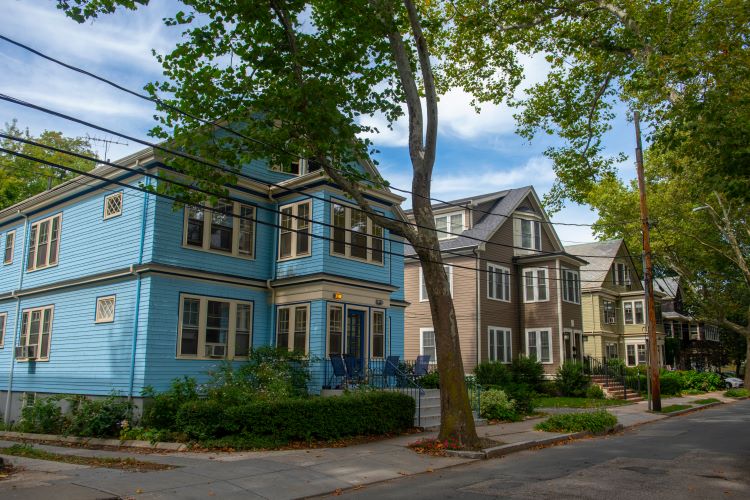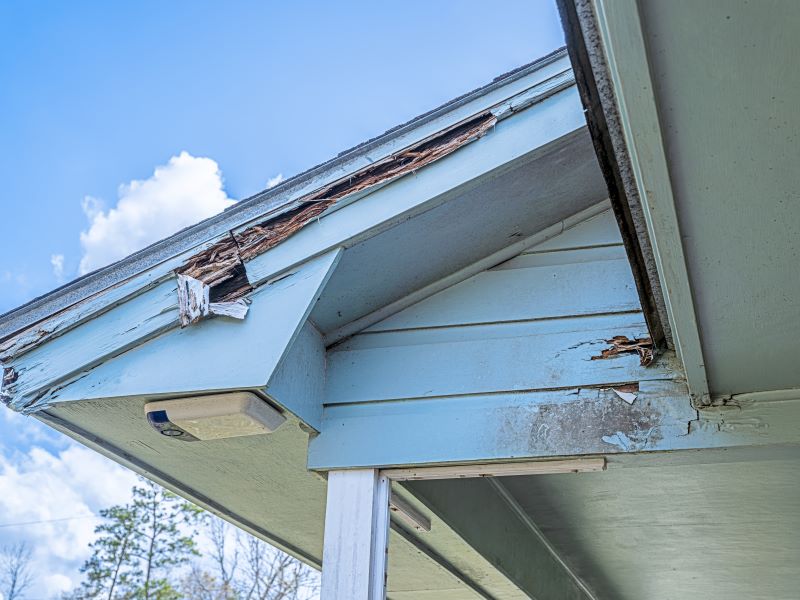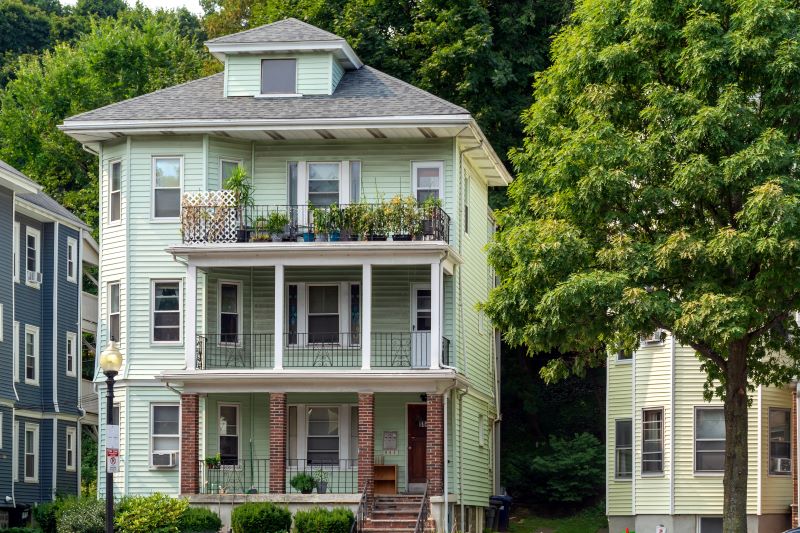
The Boston multi-family real estate market is still going strong. The high pricing often makes it intimidating for new investors. However, if you think it’s too complicated, or even impossible to invest in the city’s thriving multi-family market, nothing could be further from the truth. In many instances, you may even be able to achieve a lower net monthly payment for a multi-family home in Boston than for a single-family home. Keep in mind, there are a few steps to follow if you want to successfully invest in multi-family Boston real estate.

1. First, do the Math
Your first step should be to determine how much you can afford for a down payment. Depending on the loan product, the down payment can range from 5% to 30% or more. Typically, on an investor loan (non-owner occupied), lenders look for at least a 20–25% down payment. However, if you’re going to occupy a portion of the property, the down payment could become significantly more favorable. There are programs available that can make it easier to purchase your first multi-family. Never be afraid to ask around – a great multi-family real estate professional is usually well versed in trending deals or opportunities and can recommend a list of lenders experienced in multi-family financing.
Investing and holding a rental property is a more lucrative long-term strategy. Flipping properties in the Greater Boston Area typically requires larger cash reserves for construction/renovations. If the property needs work before you can rent it or flip it for a profit, you’ll need to add the estimated renovation cost to your budget and/or look into a construction loan product. Keep in mind that if you’re flipping, you need to account for carrying costs while the property is under construction and for sale. Carrying costs include mortgage payments, insurance, taxes, and utilities. Additional costs could include architect fees, plans, permits, etc. As a rule of thumb, expect problems, delays, and cost overruns. It never hurts to add about 10 percent for overages in your budget. There is usually something that was forgotten or needed greater modification and/or time to bring to code.

Terms to Know
This is also the stage where you should familiarize yourself with a few common (but crucial) financial terms:
Net Operating Income (NOI): This is important if you want to rent out the property. NOI is the income that remains after deducting regular expenses such as maintenance, utilities, etc., from the monthly rent.
Positive Cash Flow: If you take the NOI calculated above and subtract the monthly mortgage payment, you get the positive cash flow the property will generate each month.
Capitalization Rate (Cap Rate): This is calculated by taking the NOI and multiplying it by 12 to get the annual figure. Then divide that by the current market value or purchase price. For example, if a property costs $800,000 and the NOI is $4,000/month, multiplying $4,000 by 12 gives you $48,000 annual NOI. Divide that by $800,000, and you get a 6% return on investment.

Consider Risk
Remember that a higher return on investment typically also means a higher risk. You should always ask questions if any investment promises an unusually high ROI. This could mean you need to investigate the stated rental income. Pro-tip pointer, make sure you have a contingency to review all leases and financials in the offer to purchase. Even having utilities included in a lease can drastically change the building NOI. It never hurts to know a professional apartment leasing agent that has access to real-time data in your neighborhood of choice. Be leery of residential sales agents that focus on single-family homes. You want to know agents with rental expertise and a long history of renting apartments in Boston.

2. Choose Professionals to Work With
If you’re an inexperienced investor, you might want to seek the advice of a professionally licensed Boston real estate agent. Look for agents that specialize in both apartment rentals and multi-family home sales. Make sure the company that you are working with has a deep bullpen of experts on both matters. Not only will they be able to provide you with the most options of multi-family homes for sale in Boston, but they will also be able to assist you with leasing your units quickly and for the highest possible rents once you close. Multi-family apartment rentals and sales are vastly different than single family residential homes. The apartment leasing cycles are often critical to the success of obtaining the rent you need to have a successful investment.
The skill sets needed to select a good investment property are much different than the ones needed to search for a first- time homebuyer, therefore the agent’s specialty is important. Nothing beats having a conference call with a leasing specialist and multi-family sales specialist on the phone at the same time.
Additionally, reach out to several mortgage brokers/lenders. Mortgage professionals will be able to take a hard look at your financials, confirm how much you can afford to purchase, and provide you with the best rates for your situation. Some may be able to offer you special rates if you’re looking to buy in specific areas. During these times where rates are volatile, it’s imperative to try and lock in a decent rate or ask about different products such as an ARM (adjustable rate mortgage).

3. Choose The Area Where You Want To Buy A Multi-family Property
Now that you have a budget, you can start screening the different areas of Boston before choosing the one that best suits your needs. This is where the help of a local real estate professional can be especially important. If you want to keep the property as a rent and hold investment, you need to get your hands on information such as what the average price per unit is, average rental rates, and what percentage of units are vacant at any given time (vacancy rate). The more real-time data your real estate agent has access to, the more they’ll be able to help calculate accurate return. An investment property is based on rents, make sure your agent not only knows the rents for the specific area but also leases the units making sure your investment lives up to the estimates provided.
Some of the best multi-family sales agents already have a large apartment leasing team that can meet at the property and provide advice on how to obtain the most amount of rent than you even thought possible. Be leery of commercial real estate offices that do not have apartment leasing professionals around them – they might give you higher projected rents that never come to fruition. Apartment leasing professionals know their inventory and are able to spot renting trends much more rapidly than a strictly commercial real estate agent that just pounds the phones all day. Find the complete team and you will have a much higher level of confidence on your way to positive cash flow!

4. Look At A Number Of Different Multi-family Properties
Do not be in a hurry to offer. Just have a look at what’s available in your area(s) of choice. Make notes about their strong points and weak points as you view them. A multi- family home in Boston with potential is key- the more “move- in ready” a property is, the higher price you’ll pay. You might want to look for a property that won’t require major renovations, but that can benefit from small improvements such as new fixtures, a paint job, etc. This is usually referred to as a “value-add” property.
Your next step is to one by one eliminate properties that you don’t believe are suitable for your goals. Apart from what was already mentioned, consider factors such as the location, public transit, parking, distance to schools, shopping, hospitals, and entertainment facilities. You also want to ask apartment leasing agents if rents are trending upwards or are flat in the area. It’s an excellent sign if the neighborhood you want to buy in is on the upward swing. Find out when the property was last updated, this could mean any type of updates. Example, a new roof is a major update and has a strong value when purchasing but isn’t cosmetic. New water heaters or updated electricals also have strong values but often times you cannot easily see the updates; asking and being prepared with the right questions is imperative.

5. Make an Offer on the Property
With accurate data at your disposal, you will have every reason to be confident in your offer when you find the right property. Once your offer has been accepted by the seller, the closing process can begin. It’s important to complete your due diligence on the specific property- here is a multi- family due diligence checklist you can follow. Many of the items on the checklist will be required by the lender, but others are simply for your reassurance.
During this period you complete inspections, complete due diligence, sign the purchase and sale agreement, finish obtaining your financing and any construction loans, if applicable. In Boston it’s common to have an attorney assist you in reviewing all the paperwork associated with the sale.

Conclusion
Investing in multi-family Boston real estate isn’t easy, but it’s worth it. Prices for Boston real estate have appreciated over the past 10 years, and the demand for Boston rental properties continues to grow. We simply do not create enough rental housing supply to meet the demands of population growth. Nearly every single professional in the housing industry will tell you that it will be a herculean task to keep up with demand. We do not accommodate developers enough and ancient zoning codes create the bottleneck that will cause prices to continue to rise.
Agents partnered with Boston Pads can assist you in making some incredible purchasing decisions. The brokerages we work with specialize in multi-family investment sales and are part of the largest apartment leasing team in Greater Boston. Having an optimized sales and leasing team can make the biggest difference in your purchase.
Boston Pads features the largest collection of real-time Boston apartments and Boston real estate in the area. We can provide you with the most options and the most accurate data. Make your search for a multi-family property in Boston as effortless as can be and contact us today.

Aubrey Liss
Published November 26, 2024










